Sustainability
Sustainability integrated into our business model
All the activities and the growth objectives of the Cremonini Group are based on integrated economic, social, and environmental processes, initiated over two decades ago in Italy in the production sector, progressively extending to distribution and catering.
Thanks to the characteristics of the food business and even before the Sustainable Developments Goals defined at a global level by the UN became concrete, our Group has always approached sustainability issues pragmatically, considering them as a strategic asset of the business and part of the economic value of the enterprise, especially starting from the production sector. For years, each Sector has published its own Sustainability Report.
As part of this commitment to sustainability, particular attention is paid to the issue of animal welfare, both in production activities and in distribution and catering, activities managed respectively by the sub-holdings Inalca Spa, Marr Spa and Chef Express Spa.
All policies applied by the sub-holdings of the Cremonini Group are considered valid and binding as commitments of the Cremonini Group itself. This is because the Cremonini Group, as the main entity, does not directly engage in production or commercial activities. Its primary function is to manage and coordinate the activities of its sub-holdings, which operate in various sectors. Therefore, the policies and strategies implemented by the sub-holdings reflect the objectives and values of the Cremonini Group as a whole, ensuring a consistent and integrated approach across all its operations.
Anyway the Cremonini Group will be required to provide non-financial reporting starting from 2025, in compliance with the Corporate Sustainability Reporting Directive (CSRD). This directive, which will come into effect at the European level, requires companies to report on their sustainability practices, including detailed information on environmental, social, and governance (ESG) impacts. This concept must be generally applied to all questions regarding the requirement for the presence of specific policies of the Cremonini Group.
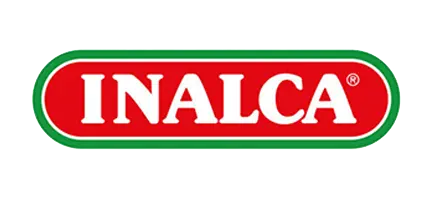
The path to sustainability of the Production sector
Inalca has been publishing its Sustainability Report for many years now, with a large and accurate documentation that demonstrates how respecting the environment is a real business model, and that success depends on the combination of economic objectives, which guarantee growth and employment with the close link to the territory in which the company operates.
89.4 %
Of self-generated energy

Of which 36%
from renewable sources
96%
Of waste sent for recovery
87,918
mc/year of water recovered
20,327
KW peak of Photovoltaic panels on 24 factories
7
Biogas plants from industrial and agricultural wastes
1
Cogeneration plant with melted fats
4
Trigeneration plants and 1 cogeneration plant, all powered by methane
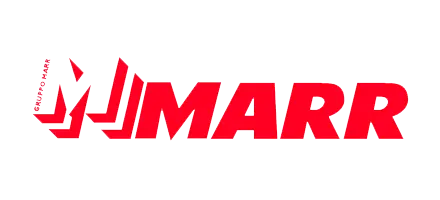
The path to sustainability of the Distribution sector
On the path to sustainability, MARR has considered the implementation of green strategies as a priority in the management of logistic-distribution processes and in the procurement policies of its products, with particular attention to the sustainable fish supply chain for which it has implemented its own voluntary regulations and vaunts important international certifications (MSC and ASC).
3,000
Green products serving catering
650
Environmentally friendly vehicles
116,000
analyzes per year for food safety and environmental protection
Sustainable fishing supply chain – Certification of the control process
Supplier control for animal welfare – Laying hens and broilers supply chain
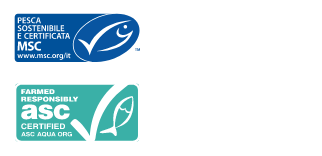
Sustainable Fishing and Aquaculture – MSC & ASC Chain of Custody
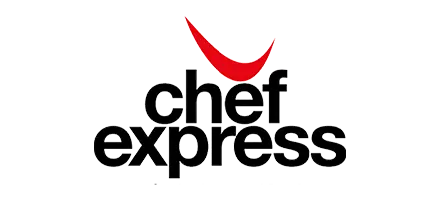
The path to sustainability of the Catering sector
For Chef Express, the green approach means implementing energy saving activities in each premise through photovoltaic systems, the revamping of air conditioning systems, constant monitoring of consumption and the use of energy from renewable sources. Added to this is the constant commitment to reducing plastic and the use of recyclable, biodegradable and compostable materials, in separate collection and in the selection of suppliers already active on sustainability issues.
97%
Energy from renewable sources
1,500
KW peak of photovoltaic panels on 71 outlets

149
outlets with automatic building system

199
outlets with real time monitoring system
-42.512
ton/year reduction of CO2 emissions
100%
Separate waste collection according to municipality guidelines